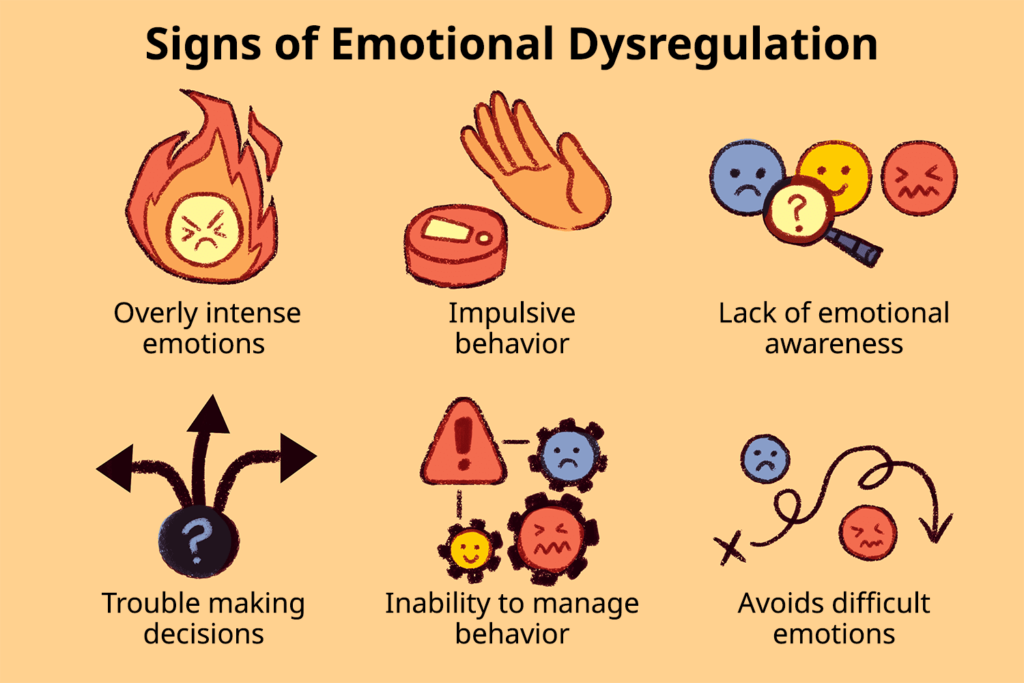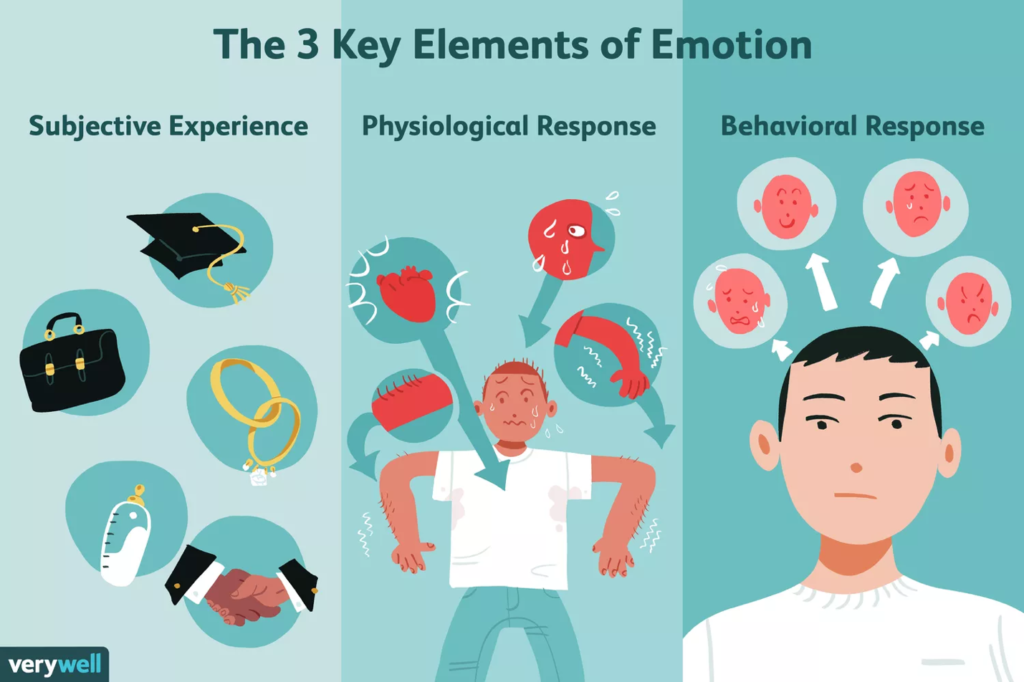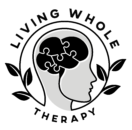
Emotional dysregulation is a formidable challenge that many individuals face daily. It’s the difficulty in managing and controlling emotions, often resulting in overwhelming feelings, impulsive actions, and unpredictable outbursts. However, understanding this phenomenon, its causes, and effective coping strategies can pave the path toward emotional well-being.
Signs and Manifestations
The signs of emotional dysregulation are varied and can include severe depression, anxiety, high levels of shame and anger, self-harm, substance abuse, high-risk behaviors, extreme perfectionism, interpersonal conflicts, eating disorders, and suicidal thoughts or attempts. Individuals experiencing emotional dysregulation may find themselves resorting to substances to numb their feelings, as emotions themselves can feel overwhelmingly intense.

Exploring Causes
The root causes of emotional dysregulation are multifaceted. They can stem from early childhood trauma, neglect, traumatic brain injuries, chronic invalidation, and dysfunctional family dynamics. Sometimes, individuals may not recognize certain experiences as traumatic, especially if they were desensitized to unhealthy patterns during childhood. For instance, being raised in an environment where emotions are dismissed or suppressed can contribute significantly to emotional dysregulation later in life.
Childhood Temper Tantrums and Emotional Learning
Temper tantrums in childhood serve as opportunities for parents to teach emotional regulation skills. Children gradually learn to manage their emotions as they grow older, but this process can be disrupted if caregivers neglect their emotional needs or invalidate their experiences. Parents who are mindful of their impact on their children’s emotional development can help foster emotional awareness and intelligence from an early age.
The Importance of Emotions and Emotional Intelligence
Emotions play a vital role in human experience, motivating actions, aiding decision-making, and facilitating social connections. Emotional intelligence, the ability to manage one’s emotions and understand others, is essential for navigating life’s challenges effectively. Clients lacking emotional intelligence may struggle with emotional dysregulation, often internalizing responsibility for others’ feelings or suppressing their own emotions to avoid conflict.

Achieving Emotional Regulation
To achieve emotional regulation, clients can benefit from cultivating self-awareness, practicing mindful awareness, engaging in cognitive reappraisal, fostering adaptability, showing self-compassion, and seeking emotional support. While these strategies may initially feel overwhelming, therapists can guide clients through the process of recognizing and managing their emotions, empowering them to lead more fulfilling lives.
In conclusion, emotional dysregulation is a complex phenomenon influenced by various factors, including early life experiences, and learned coping mechanisms. By fostering emotional intelligence and implementing effective therapeutic interventions, individuals can learn to navigate their emotions more skillfully, leading to improved mental health and well-being. It’s a journey of self-discovery and growth, but with dedication and support, emotional regulation is within reach for everyone.
If someone you know would benefit from this article, feel free to share this with them. Also, if you would like to work on achieving emotional regulation, a therapist can help you with the process. Please do not hesitate to reach out.
Kendra Cherry, Mse. (2022, July 22). The important role of emotions. Verywell Mind. https://www.verywellmind.com/the-purpose-of-emotions-2795181
Madhuleena Roy Chowdhury, B. (2023, August 11). Emotional regulation: 6 key skills to regulate emotions. PositivePsychology.com. https://positivepsychology.com/emotion-regulation/
WebMD. (n.d.). Emotional dysregulation: What it is and how you can cope. WebMD. https://www.webmd.com/mental-health/what-is-emotional-dysregulation
